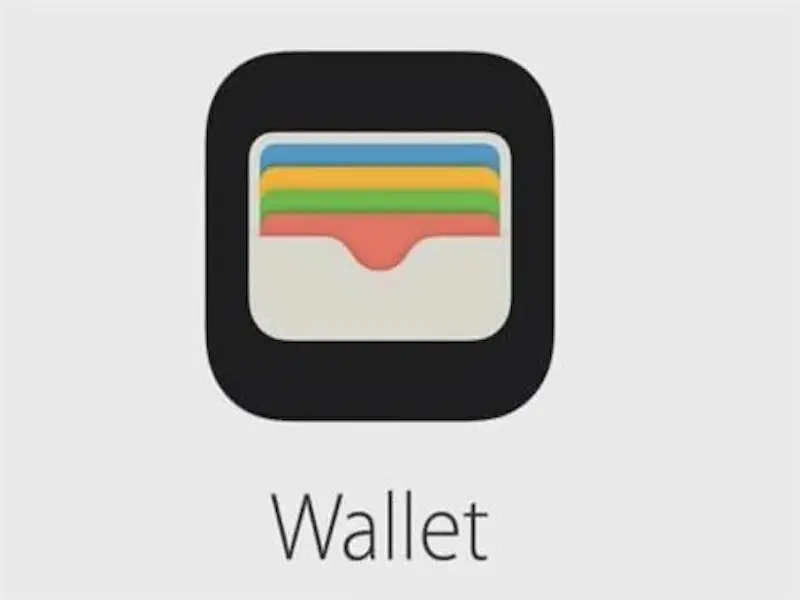- California residents can soon store driver’s licenses and state IDs in digital wallets for convenience.
- The move aims to enhance security and privacy while streamlining identification processes at various locations.
OUR TAKE
The introduction of digital ID in California allows residents to easily and securely access their identity documents via smartphones, streamlining the process at airports and businesses. It is a major advance in convenience and technology. The innovation could inspire other states to follow suit. It is vital to ensure that strong security measures are in place to protect users’ sensitive information from potential cyber threats.
–Lily,Yang, BTW reporter
What happened
According to a statement released by the California government, California will introduce support for storing driver’s licenses and state ID cards in Apple Wallet and Google Wallet apps.
The new feature will allow residents to use their mobile devices to present their ID cards at selected TSA security checkpoints and businesses and verify age or identity in specific apps. To add an ID to Apple Wallet, users can tap the “+” button and follow the prompts, including taking a selfie and scanning their physical ID.
In Google Wallet, this process involves selecting “Add to Wallet” and following similar verification steps. Governor Gavin Newsom stressed that the partnership with Apple and Google is an important step in improving services in California. More than half a million residents have already adopted a mobile driver’s license through the California DMV Wallet app. And there is strong interest in this digital solution.
Also read: British regulators to probe Big Tech’s digital wallets
Also read: UK regulators to scrutinise Big Tech’s digital wallets
Why it’s important
The implementation of digital ID cards in California marks a critical shift toward modern and efficient methods of identification. By allowing residents to store their driver’s licenses and ID cards on their smartphones, the state has increased convenience and security, minimising the need for physical cards. This move could reduce wait times at TSA checkpoints and various operations while promoting a paperless environment.
The success of this project may encourage other states to adopt similar systems, potentially leading to national standards for digital identification. However, the digital identity industry is vulnerable to hacking and unauthorised access, and governments need to address concerns about data security and privacy.
This shift does benefit tech-savvy individuals, but it can pose challenges for those who are less familiar with technology. Therefore, it is important to provide education and support in this outreach process. If strong security measures are implemented, the program has the potential to streamline the process.

